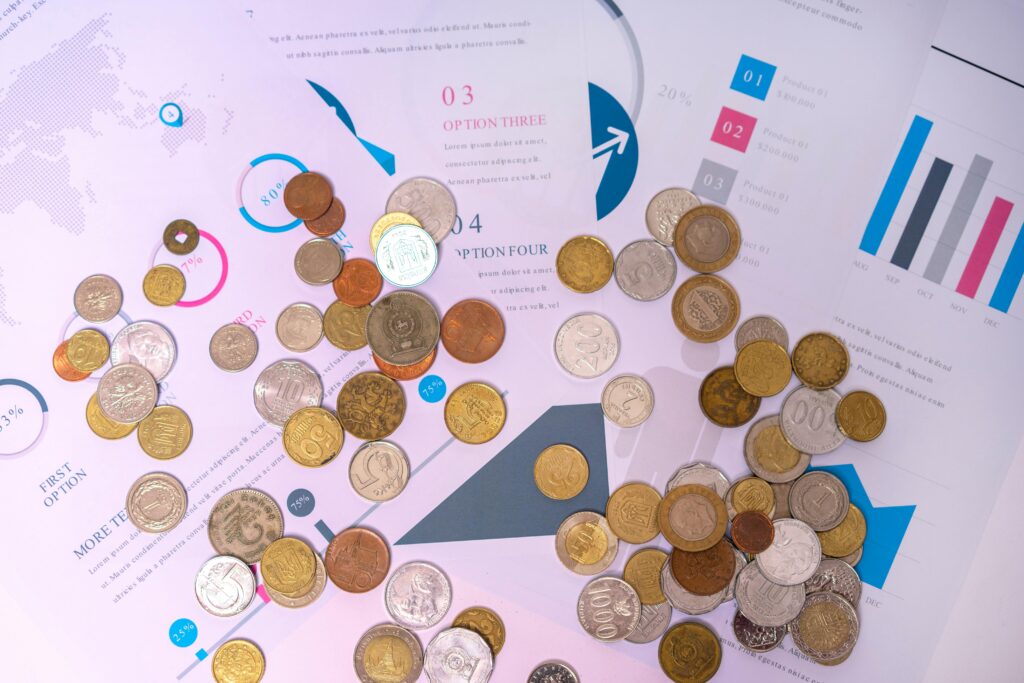
This morning, Japan woke up to a number that sent shockwaves from financial districts to neighborhood noodle shops: the yen slid past ¥180 per US dollar its weakest point since 1990.
To the average person, that might sound like something for economists to panic about. But here’s the thing: this isn’t just an economic story anymore it’s a social one. A cultural one. A political powder keg wrapped in sushi prices, temple sales, and a very public reckoning with inequality.
The Fall of the Yen – What’s Really Happening?
For months, analysts have warned that Japan’s ultra-loose monetary policy basically keeping interest rates near zero would eventually put pressure on the yen. Now, it’s happened. Import prices are surging, energy costs are ballooning, and everyday essentials are more expensive by the week.
But what’s new is the emotional economy behind the financial one.
“This isn’t some abstract Wall Street headline,” says Ayako, a 32-year-old schoolteacher from Sapporo. “It’s my grocery bill. It’s whether I can take my kids to the aquarium this weekend.”
And while Tokyo’s elite debates currency interventions and liquidity traps, citizens are hitting the streets. Quietly, but steadily. Protests have broken out in Osaka and Sapporo pockets of frustration boiling over due to stagnant wages, soaring living costs, and a widening wealth gap.
Sushi for Some, Shrinking Dreams for Most
A Tokyo-based financial analyst put it bluntly:
“People are realizing they can’t afford sushi, but billionaires are buying up Kyoto temples as luxury properties.”
That’s not an exaggeration. International investors and domestic ultra-wealthy elites are snapping up real estate in historical districts, converting sacred cultural spaces into high-end retreats. Meanwhile, Japan’s middle class is shrinking, and Gen Z workers are turning to side hustles and crypto just to stay afloat.
Where Does Japan Go From Here?
With public pressure rising, the Bank of Japan faces a defining moment. Will they:
-
Intervene and prop up the yen?
-
Raise interest rates for the first time in decades?
-
Or let the currency fall further in the name of export competitiveness?
The world is watching, but perhaps more importantly so are Japanese citizens, and they’re no longer content to stay silent.
This isn’t just a story about money. It’s about trust in leadership, in economic systems, and in the idea that growth should mean better lives for everyone. As the yen dives deeper into uncharted territory, one thing is clear:
The real crisis isn’t in the markets. It’s in the mood of the people.






